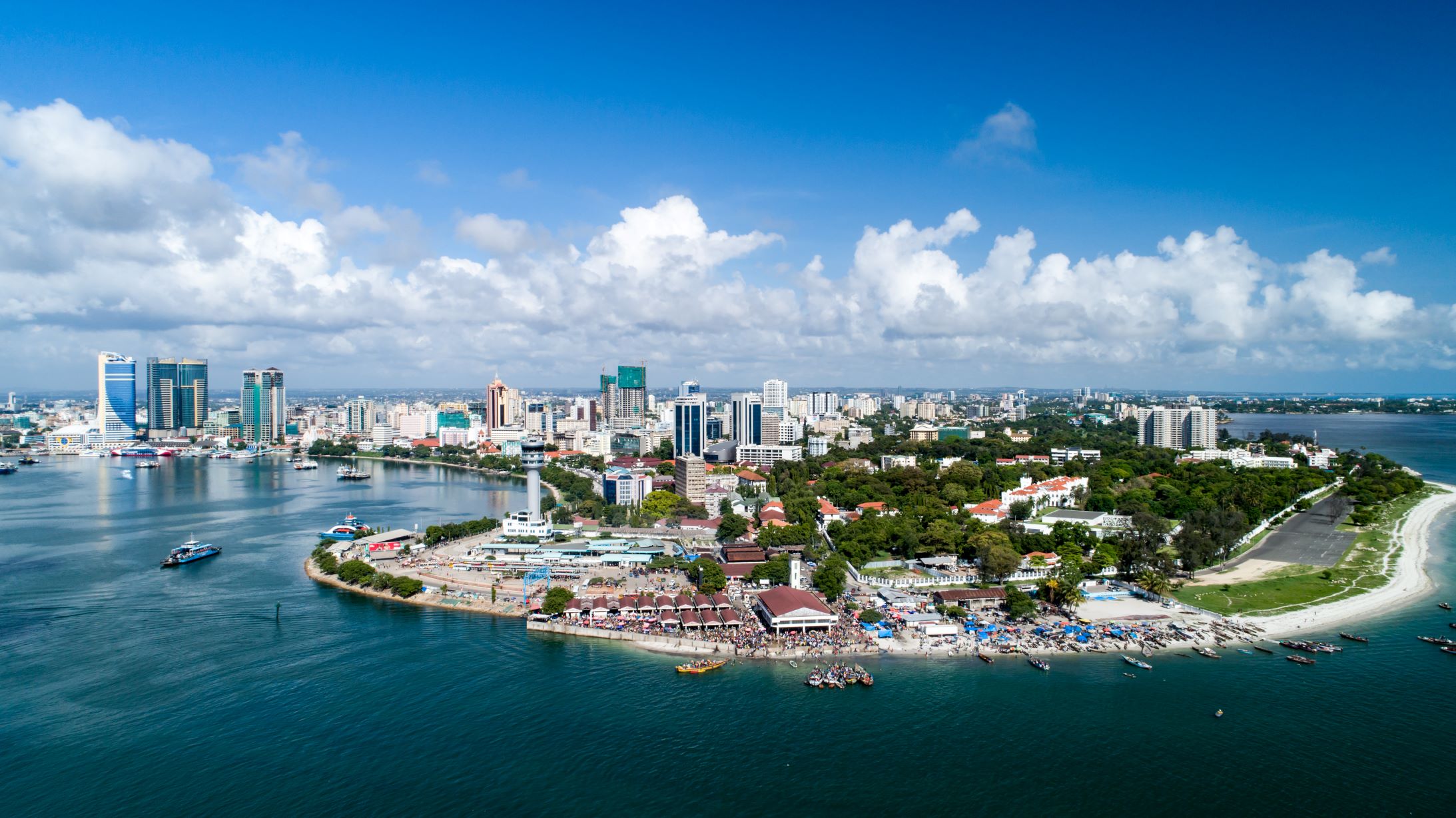Global plastic pollution remains unabated, with recent UNCTAD figures revealing global plastic trade hitting a record USD 1.2 trillion in 2022.Despite increased awareness and environmental campaigning, a recent report highlights a record 139 million metric tons of single-use plastic waste in 2021 – a 6 million metric ton increase from 2019.
Africa stands at a critical juncture in its development, facing unprecedented economic growth and environmental challenges, particularly the proliferation of single-use plastics. While African countries have initiated conversations on legislation, the approach remains decentralised, with some nations forming national laws and others collaborating on a harmonised regional approach, as seen in East Africa with the draft single-use plastics bill tabled before the East African Community legislative assembly.
The Single-Use Plastics Dilemma in Africa
The continent’s rapid growth has led to an uptake of SUPs for various solutions, including packaging and service ware. These materials, designed for convenience, end up causing severe environmental degradation, often ending up in landfills, water bodies, and open spaces. The negative impacts on wildlife, soil fertility, and water quality are evident, affecting urban and rural communities.
Despite the convenience, affordability and accessibility of SUPs, concerns persist about their negative impact on the environment. Furthermore, the reliance on SUPs exacerbates climate change through carbon emissions during production and disposal. As Africa seeks to mitigate the effects of climate change, addressing the SUP dilemma is paramount.
The Circular Economy Imperative as a Solution
The circular economy presents a viable solution to the SUP crisis, emphasising sustainability through promoting the reduction, reuse, and recycling of materials. This method broadly addresses environmental concerns, offering economic opportunities and social benefits.
However, more needs to be done regarding recycling and reusing plastic materials in Africa and globally. According to OECD’s 2022 Global Plastics Outlook report, only 9% of plastic waste is recycled (15% is collected for recycling, but 40% of that is disposed of as residues). Another 19% is incinerated, 50% ends up in landfills, and 22% evades waste management systems and goes into uncontrolled dumpsites, is burned in open pits, or ends up in terrestrial or aquatic environments, especially in developing countries.
This presents a significant challenge towards a circular economy unless stakeholders come together to resolve and tackle the issue with short-term and long-term solutions. The global plastics treaty provides hope, aiming for universal regulations to streamline plastic production and use within a circular economy model.
Key Steps African Businesses Can Adopt Towards Rethinking SUPs
Several African governments have taken crucial steps to ensure the SUP crisis is contained, especially at the national level. However, the problem has grown in scope, with SUPs finding their way to other jurisdictions far from where they were dumped initially. Many countries have realised that it will require a collective effort to tackle the issue, hence the need to speak in one voice on the issue of SUPs.
Key steps African businesses can adopt towards rethinking SUPs include reduction and innovation, where African nations encourage policies restricting single-use plastic production and consumption and promoting innovation in alternative materials and packaging methods.
Extended Producer Responsibility (EPR) is crucial, holding major manufacturers accountable for the entire lifecycle of their SUP products.
Community engagement and education are important in creating awareness and empowering communities to adopt sustainable practices such as recycling and reducing plastic consumption. However, investing in recycling infrastructure, which requires governments and the private sector to put in resources, remains a significant challenge.
Conclusion and Way Forward for Tackling SUPs
Addressing the global plastic problem requires stakeholders to unite under a global plastics treaty. Rethinking the future of SUPs is crucial for Africa’s sustainable development as one of the fastest-growing regions, with the adoption of actively sustainable solutions to address plastic pollution, such as embracing a circular economy. This will not only address the environmental challenges posed by plastic waste but also unlock economic opportunities and improve the overall well-being of communities. Africa can lead this shift by adopting comprehensive strategies, fostering collaboration, and investing in sustainable practices. This proactive approach could lay the foundation for a future where the circular economy thrives and SUPs become a thing of the past.


